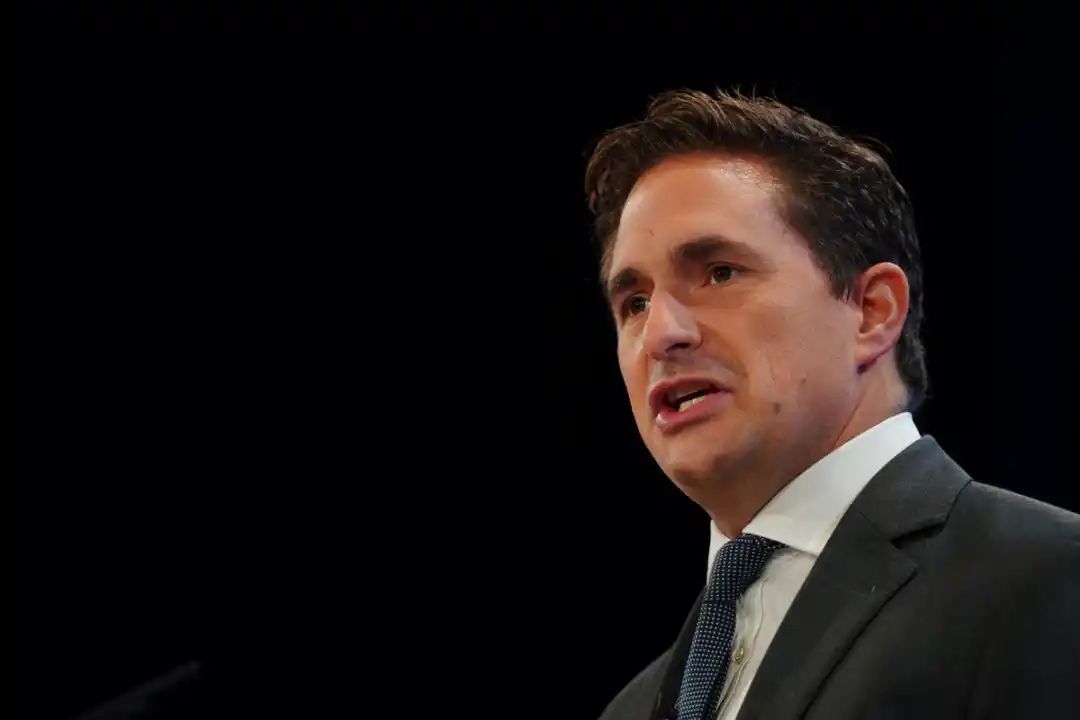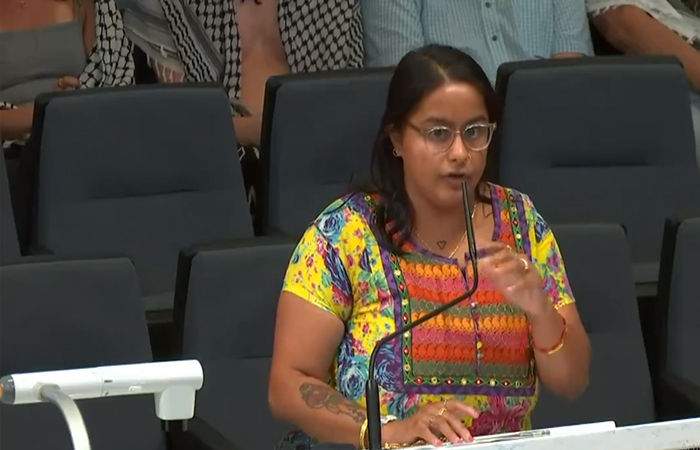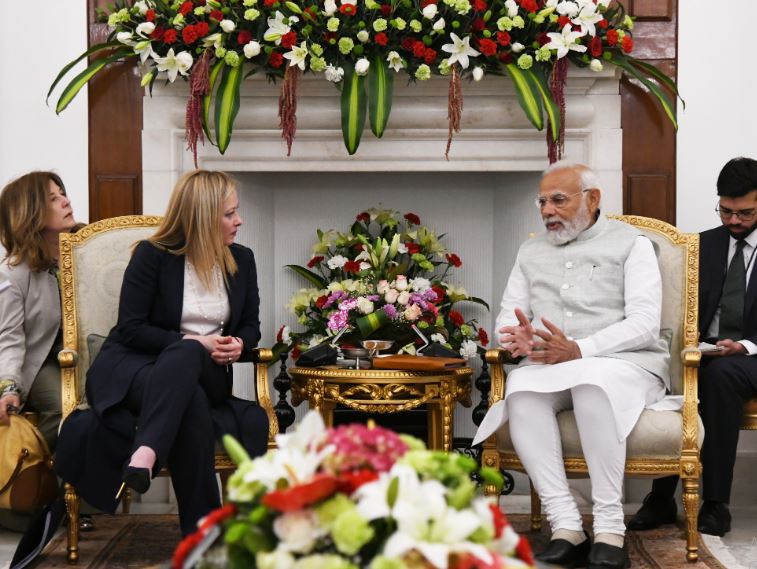Minister Johnny Mercer accused of ‘major incompetence’ for ‘ministerial code breach’
Veterans minister Johnny Mercer has acknowledged that he misled the House of Commons in January 2020 during a debate about allegations of war crimes by UK special forces in Iraq and Afghanistan.
But, despite saying he would correct the parliamentary record in August 2020, Mr Mercer has until now failed to do so.
Labour MP Kevan Jones has written to cabinet secretary Simon Case accusing Mr Mercer of having breached the ministerial code.
“I ask that you investigate this continued breach of the Ministerial Code, why the record has not yet been corrected, and outline what action will take place as a result,” he said, in a letter seen by The Independent.
And the ex-chair of the Committee on Standards in Public Life, Sir Alistair Graham, told The Independent Mr Mercer was guilty of “letting the House of Commons down”.
“It sounds like major incompetence… the speaker should be criticising him as much as anything,” Sir Alistair said.
He added: “The House of Commons is based on trusting the word of ministers, that what ministers say is true.
“And if they have promised to do something, it undermines the integrity of the political system if they do not keep to their word.”
During the January 2020 debate, sparked by a Panorama probe into accusations that the government and armed forces covered up the killing of civilians by British troops in Afghanistan and Iraq, then defence minister Mr Mercer told MPs: “There have been allegations made by individuals, a very small number of whom worked within the investigative teams.”
But in evidence given in person and submitted in writing to the Independent Inquiry relating to Afghanistan last month, Mr Mercer admitted he had inadvertently misled MPs by reading out statements he later found to be incorrect.
And, in an August 2020 letter released as part of the evidence submitted to the inquiry, Mr Mercer told his then boss defence secretary Ben Wallace: “That I have now been allowed to read out statements to the House of Commons that individuals in strategic appointments in the department knew to be incorrect is completely unacceptable.
“These were clearly not complaints by a ‘small number of individuals within the investigations team’ but widespread. I have continually down-played these allegations in public too to support [special forces unit] UKSF1 and the department.
“That was clearly a mistake.”
Mr Mercer told Mr Wallace he wanted to make a statement to the House of Commons in the first week of September 2020 correcting the record.
Mr Mercer did not correct the record in the first week of September 2020 and has still yet to do so in the almost three and a half years since.
The ministerial code states that it is of “paramount importance” for ministers to give “accurate and truthful” information to parliament. And it states that ministers must “correct any inadvertent error at the earliest opportunity”.
In a statement posted on X in February, Mr Mercer said: “I am an elected politician who serves the public. I am not an appointed official and my position relies on my reputation and my ability to sustain public confidence in my character.”
In his letter to Mr Case, Mr Jones, a member of parliament’s defence committee, said he has the “utmost respect” for those who served in Afghanistan and Iraq, including Mr Mercer.
He said: “As a former member of our Armed Forces, Mr Mercer, is aware of the standards maintained by our Armed Forces and the importance of making sure they are upheld.
“It is with this in mind, that I would ask the Department why Mr Mercer, with due respect to Parliament, as prescribed under the Ministerial Code, did not correct the record at the first opportunity in September 2020, and has yet to do so in the three and half years since.
“By his own admission, it appears Mr Mercer has knowingly – if inadvertently – misled Parliament and therefore is in breach of the Ministerial Code.
“I ask that you investigate this continued breach of the Ministerial Code, why the record has not yet been corrected, and outline what action will take place as a result.”
Mr Mercer in February said he was angry at Mr Wallace after discovering UK special forces officers knew about Afghanistan death squad allegations before he described them as untrue in the House of Commons.
Giving evidence to the inquiry, he described his time working under Mr Wallace as “very difficult”, adding: “I did not enjoy it and it placed me in a number of very, very uncomfortable positions.”
The inquiry will examine whether a special forces unit, known to the probe as UKSF1, had a policy of executing males of “fighting age” who posed no threat in Afghanistan between 2010 and 2013.
Afghan families have accused UK special forces of conducting a “campaign of murder” against civilians, while senior officers and personnel at the Ministry of Defence “sought to prevent adequate investigation”.
Mr Mercer has been contacted for comment.
D-Day veterans ‘honoured’ to have names added to memorial wall
Boris Johnson’s secret flight to meet Venezuelan autocrat Maduro
Gove says ‘good-hearted’ pro-Palestine marchers should question some organisers
Portugal’s election could add momentum to Europe’s drift to the right due to corruption, hardship
Rishi Sunak: I’ll slash benefits to fund plan to scrap national insurance
Irish prime minister concedes defeat in a vote over constitutional amendments about family and women





